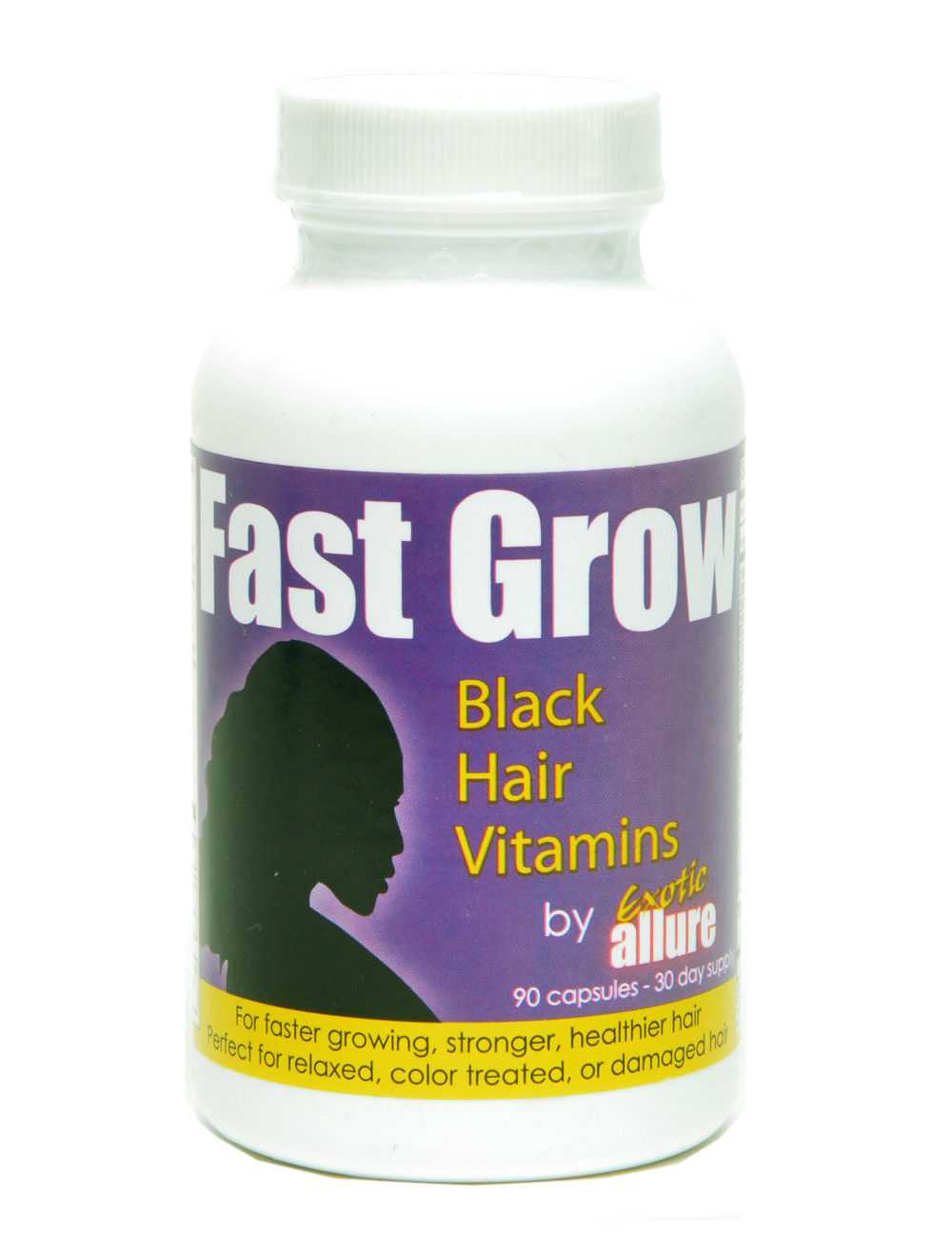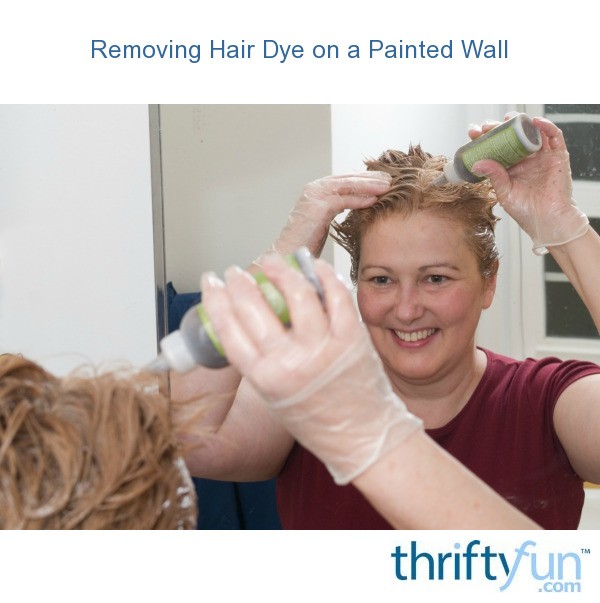Table Of Content

The hair follicle cycle is mainly made up of micronutrients (vitamins and minerals). These little blue vegan chews are filled with biotin, folic acid, coconut oil, and vitamin C, and have gotten the stamp of approval from beauty mavens all over the internet. Cruising the before-and-afters on Instagram is more than enough to inspire us to pop a couple of these tiny bears a day. To help you narrow down a new favorite, we've rounded up the best hair growth vitamins and formulas shoppers and experts and swear by for increased thickness and growth. Need a little help sifting through all the products (and they're teeny-tiny ingredient labels) out there? Doctors say these are the best vitamins for growth, breakage, and overall hair health.
Gummy Vitamins for Strong Hair, Skin & Nails (60 Count)

“Most of the active ingredients in hair masks work with water molecules to penetrate the hair shaft to lock in moisture and close the hair cuticle, which is very important,” she explains. This conditioner supports that community of microorganisms that live on the top of our heads and fortifies strands, proving itself a reliable ally on your mission to achieve your hair goals. Mielle went beyond viral on TikTok for its Mielle Rosemary Mint Scalp Hair Strengthening Oil, which nourishes the scalp to encourage hair growth. The hair mask in the same line deserves a second look, too; by strengthening parched, fragile hair with biotin, aloe, and honey, it helps stop strands from breaking faster than you can grow them.
Vitamin D
To make your hair look thicker, look to volumizing formulas (shampoos and conditioners, mousse, sprays, and creams), along with colored powders that visually conceal thinning. Because, even if you try the above treatments, you won’t see results overnight. But you can incorporate a hair-thickening treatment, like one with polymers that swell up your hair strands and make them look fuller, as well as starches that soak up oils that can weigh your hair down and make it look flat. You could also try a colored powder—like a scalp foundation or tinted hair fibers—to actually fill in the sparse areas around your hairline and make them look fuller. Sounds obvious, but hair growth requires a peaceful environment to be successful. So if your scalp is irritated, inflamed, and flaky, whether due to dandruff, dry scalp, psoriasis, or eczema, you’ll need to re-establish a healthy foundation asap—which is where medicated scalp treatments come in.
The 8 Best Vitamins for Hair Growth of 2024 - Health.com
The 8 Best Vitamins for Hair Growth of 2024.
Posted: Wed, 24 Apr 2024 20:03:45 GMT [source]
Philip Kingsley Tricho Complex Vitamin & Mineral Hair Supplement

Here are seven high quality supplements that supply the nutrients your hair needs. Many individuals are able to consume vital nutrients through a healthy diet. However, multivitamin and mineral supplements are generally safe in healthy individuals, given that the supplement provides nutrients in amounts that adhere to the recommended daily allowance (RDA). Taking certain vitamins in high doses, like vitamin C and some B vitamins, may lead to symptoms of toxicity, such as kidney stones or rosacea. "These natural ingredients have been shown to promote increased strength and integrity of existing hairs while decreasing the potential for shedding," explains Han.
This article discusses how much of these nutrients your body needs each day and when supplementing might be helpful. For more than 150 years, Harper’s Bazaar has been the preeminent fashion and beauty resource for women at every age. We cover what’s new and what’s next in beauty by working with the world’s leading authorities in dermatology, plastic surgery, cosmetics, skincare, haircare, and fragrance. Every story we publish has been thoroughly researched and vetted by our team of beauty editors and industry experts. Just like the rest of Prose's offerings, their growth supplements are designed according to your specific hair needs. They use a two step process that rebalances the scalp while stimulating the hair bulb to encourage growth while minimizing shedding.
Most vitamins marketed to support hair growth are a combination of the vitamins and minerals that play a role in hair development including vitamins A, C, E, D, B vitamins, iron, and zinc. Each of these vitamins and minerals comes in different forms, and we’ve noted if there is a better form or type under each supplement above. Containing an array of ingredients used in Ayurvedic medicine, experts like Manish Shah, MD, a board-certified plastic surgeon, say this natural, vegan hair vitamin is a must-have.
"However, results will vary depending on individual hair type and based on consistent use." Han also notes that hormonal changes are another common cause of hair loss — particularly in those assigned female at birth. In people assigned male at birth, Khanna says this is usually related to an increase in dihydrotestosterone (DHT) at the hair follicles. "Genetics, in particular, play a big role in pattern hair loss," says Han. "Genetically-driven hair loss is progressive and will worsen over time without treatment. Reversing and/or treating the underlying medical issue is important in optimizing the chances of hair regrowth."
vitamin B12
Many of the nutrients involved in the hair cycle are found in a healthy diet. If you have low levels of one of these vitamins or minerals, supplementing with that nutrient may help hair growth. But if you already have normal levels of these vitamins and minerals in your body, these supplements are unlikely to treat or prevent hair loss. Vitamins and supplements may support hair growth by providing essential nutrients that might be missing from your diet. While individual results vary, products rich in vitamins B, C, D, iron, zinc, and omega-3 fatty acids have been linked to healthier hair.
Unfortunately, hair loss around three to six months after delivery is completely normal. This phenomenon is called telogen effluvium, and it’s estimated that around 40% to 50% of women experience this shedding to some degree, according to Dr. Steven Line, MD. Hormonal changes during and after pregnancy are the culprits of this hair loss.
Telogen effluvium (TE) is the medical term for when you shed more hair than normal. It often shows up a few months after a stressful event, like childbirth or significant psychological stress. “The number one vitamin that’s not respected enough as a serious cause of hair not growing back in TE is a vitamin D deficiency,” says Sapna Palep, M.D., founder of Spring Street Dermatology in New York City. Designs for Health B-Supreme is NSF Contents Certified, dairy-free, soy-free, gluten-free, and vegan, making it a great B-vitamin-only option for most people.
In particular, vitamins B, C, and D, plus iron and zinc, appear to play important roles in hair growth and thickness. Dietary supplements have become increasingly popular in recent years, as more people seek to improve their health and well-being. These supplements come in various forms, including pills, capsules, powders, drinks, and energy bars. While they can provide important vitamins, minerals, and other nutrients, it's important to note that supplements do not have to go through the same rigorous testing as prescription drugs.
While collagen is needed for healthy hair, there is a lack of non-industry-funded human research supporting the use of collagen supplementation to improve hair growth, thickness, volume, or shine. While many products do provide applicator nozzles that reach through the hair, some droppers aren’t as precise. Let’s start at the beginning by discussing why someone might be experiencing hair loss, thinning hair, or slow hair growth in the first place, beginning with gender. “Hair loss in women is incredibly common—over 80% of women will experience hair loss at some point in their lives, and over 40% of alopecia sufferers are women,” he adds. Removing scalp buildup is a great way to create a healthy environment for hair growth.

No comments:
Post a Comment